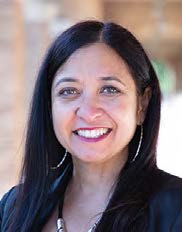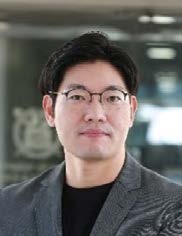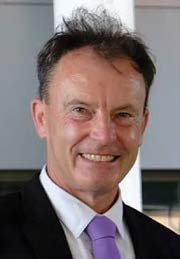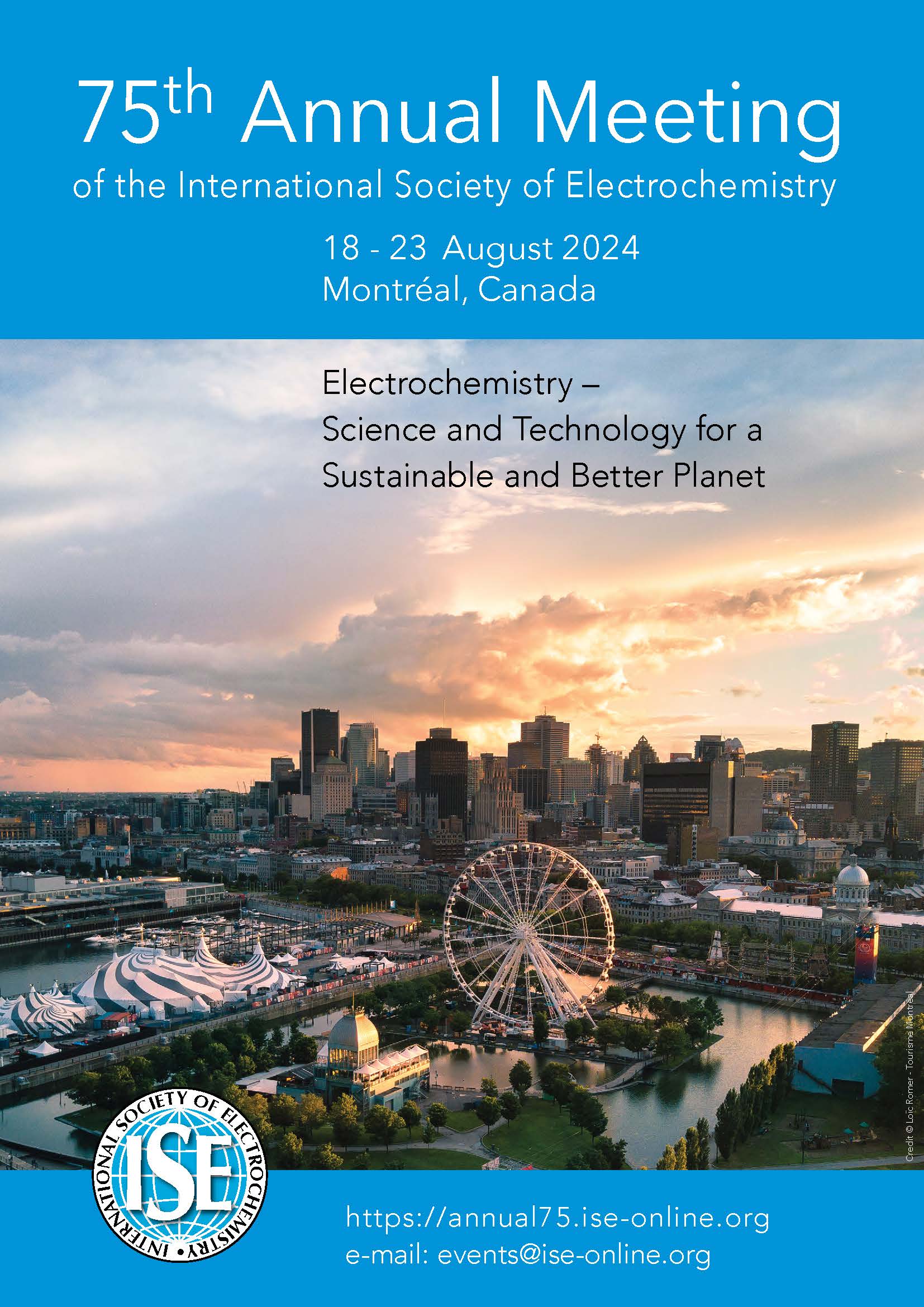Scientific Program
Plenary Lecturers
Rudolph A. Marcus  |
Rudolph A. Marcus, John G. Kirkwood and Arthur A. Noyes Professor of Chemistry at the California Institute of Technology, was born in Montreal, Canada in 1923. After receiving a B.Sc. (1943) and Ph.D. (1946) from McGill University (experiments on reaction rates in liquids), and post-doctoral research at the N.R.C. of Canada (experiments on rates in gases) and the University of North Carolina (reaction rate theory), he joined the faculty of the Polytechnic Institute of Brooklyn (1951-64), the University of Illinois (1964-78), and Caltech (1978- ).
|
|---|---|
Gerardine Botte  |
Gerardine (Gerri) Botte is a Professor and Whitacre Endowed Chair in Sustainable Energy at Texas Tech University (TTU) and the Founding Director of the National Science Foundation Engineering Research Center for Advancing Sustainable and Distributed Fertilizer Production, CASFER. She is also currently leading a new initiative at TTU for sustainability and circular economies, under a recently established Institute at TTU. She served as the Whitacre
Department Chair in Chemical Engineering at TTU for three years before becoming CASFER Director. In her
tenure as Department Chair, she was instrumental in the implementation of curricula changes and the significant
growth in research and restrictive research expenditures in the department. Gerri has over 25 years of experience
in the development of electrochemical processes as they related to the intersection of energy, water, and food
sustainability. She is a visionary and a recognized leader in electrochemical science and technology. She has served in leadership roles for both the International Society of Electrochemistry and the Electrochemical Society and is currently the President-Elect of the Electrochemical Society. In 2014, she was named a Fellow of the Electrochemical Society for her contributions and innovation in electrochemical processes and engineering. She became a Chapter Fellow of the National Academy of Inventors in 2012. Dr. Botte has 211 publications including peer-reviewed journals, book chapters, and 62 granted patents. Dr. Botte and members of her research group are working on the foundation of applying electrochemical engineering principles for advanced and sustainable manufacturing, process intensification, food/energy/water sustainability, and nanomaterials with expertise in electro-synthesis, batteries, electrolyzers, sensors, fuel cells, mathematical modeling, and electro-catalysis. Dr. Botte is also an entrepreneur, she has been involved in the commercialization of technologies, has founded and co-founded companies, and serves as a member of the board of directors in several companies. She received her Ph.D. in 2000 (under the direction of Dr. Ralph E. White) and M.E. in 1998, both in Chemical Engineering, from the University of South Carolina. Prior to graduate school, Dr. Botte worked as a process engineer in a petrochemical plant; she was involved in the production of fertilizers and polymers. Dr. Botte received her B.S. in Chemical Engineering from Universidad de Carabobo (Venezuela) in 1994. She can be reached at Gerri.Botte@ttu.edu |
Kisuk Kang  |
Kisuk Kang is a professor in the Department of Materials Science and Engineering at Seoul National University (SNU), a director of the Center for Advanced Rechargeable Batteries at SNU, and a member of The National Academy of Engineering of Korea. He obtained his Ph.D. at Massachusetts Institute of Technology in the US (2006), with a thesis titled ‘Designing New Electrode Materials for Energy Devices by Integrating Ab Initio Computations with Experiments’. He was a professor at KAIST (Korea Advanced Institute of Science and Technology) until 2011 and moved to SNU. Since 2013, he has been a tenured professor at SNU. His research lab at SNU focuses on developing new materials for lithium-ion batteries, post-Li battery chemistries such as Na, Mg batteries, all-solid-state batteries, and metal-air batteries using combined experiments and ab initio calculations. Including three articles published in Science, his works have been published in more than 350 papers and cited more than 42,400 times (H-index 105 as of 2023, March) for the last 15 years. He holds more than 50 patents pending/issued in this field. He was selected as a Highly Cited Researcher in 2018, 2019, 2020, 2021 and 2022 from Clarivate Analytics. He was a recipient of several awards such as the Energy and Environmental Science Lectureship Award from the Royal Society of Chemistry, United Kingdom (2012), the Science Patriots Award from the Ministry of Science, Korea (2017), Scientist of the Month from Ministry of Science, Korea (2017), and was selected as 100 leaders in Technology by National Academy of Engineering of Korea (2017). He is now a director of the Center for carborganic energy materials and a director of the Center of Samsung SDI-SNU rechargeable batteries. He served as a member of the Board of Directors of Materials Research Society (USA) and is currently serving as an associate/scientific editor of the Journal of Materials Chemistry A, Materials Horizons and Materials Advances in Royal Society of Chemistry, and a reviewing editor of Science (AAAS).
|
Alexander Kuhn  |
Alexander Kuhn obtained his diploma degree in chemistry, after studying in Munich, Bordeaux, and Oxford, from the Technical University Munich (1991), and his Ph.D. from the University of Bordeaux, (1994). After his post-doc with Fred Anson at the California Institute of Technology (1996), he was appointed in the same year as an Assistant Professor at the University of Bordeaux and then in 2000 as a Full Professor, working now at the Institut of Molecular Science (University Bordeaux, CNRS, Bordeaux INP). Since 2015 he is also Adjunct Professor at VISTEC, Thailand, and more recently (2020) Distinguished Professor of the “Outstanding Talent Program” at Henan University, China. He is a senior member of the Institut Universitaire de France, a distinguished senior member of the French Chemical Society, and a Fellow of the International Society of Electrochemistry. He has been or is still a member of the international advisory boards of several journals, Anal. & Bioanal. Chem. (2007-2010), Bioelectrochemistry (2007-), Electroanalysis (2012-), Electrochim. Acta (2013-2017), ChemPhysChem (2015-), Sci.Rep. (2015-), ChemElectroChem (2018-), Microchim.Acta (2020-), and was also Chair of the editorial advisory board of ChemPhysChem (2019-2022). He has served, among others, as a council member of the European division of the Electrochemical Society (2006-2008), council member of the electrochemistry division of the French Chemical Society (2016-2018), chair of the bioelectrochemistry division of the International Society of Electrochemistry (2011-2012) and as council member and treasurer of the Bioelectrochemical Society (2008-2019). He is the recipient of several honors, including a fellowship from the Alexander-von-Humboldt Foundation, the electrochemistry award of the French Chemical Society, and the national science medal in silver of CNRS. His current main research interests are modified electrodes with a special focus on applications in electroanalysis, bioelectrochemistry, and electrocatalysis; bipolar electrochemistry; nanomaterials; micromotors; Janus particles; chirality.
|
Mary P. Ryan  |
Mary P. Ryan is currently the Vice Provost for Research and Enterprise and the Armourers and Brasiers’ Chair for Materials Science. Mary leads a large interdisciplinary group focused on understanding nanoscale materials, and nanoscale interfaces in and between materials and their environments. She has a particular interest in the development of operando approaches and has pioneered nanoscale methods in synchrotron science. Her research on nanoscale materials and interfaces spans diverse application areas including: energy materials (batteries, magnetocaloric cooling devices, photovoltaics, fuel cells and catalysis); nanomaterials for bio-sensors and therapies; the mechanisms that lead to human and environmental toxicity associated with nanostructures, and the potential of nanomaterials for environmental remediation (in particular for nuclear waste). A key aspect of this work is understanding the reactivity and stability of nanostructures in operando in order to maximize the efficiency and lifetime of devices and systems. She was elected Fellow of the Royal Academy of Engineering in 2015 and is a Fellow IoM3and of the Institute of Corrosion. She was awarded CBE for contributions to Materials Science in the 2022 Queen’s Birthday Honours.David Wilkinson, University of British Columbia, Canada
|
David Wilkinson  |
David P. Wilkinson is a professor in chemical engineering and a Tier 1 Canada Research Chair in Clean Energy and Electrochemical Technologies at the University of British Columbia (UBC), Canada, where he was also the former Executive Director of the Clean Energy Research Centre. He received his chemical engineering degree from UBC and then received his Ph.D. in chemistry in 1987 at the University of Ottawa under the guidance of Prof. Brian Conway. He was an Electrochemical Society Summer Fellow during his Ph.D. research on proton donor and medium effects in electrochemical proton discharge. Prior to joining the university in 2004, Dr. Wilkinson spent over 18 years in electrochemical industries, as a section leader in electrochemistry at Moli Energy developing rechargeable Li metal batteries and at Ballard Power Systems as a Director and Vice President of R&D in polymer electrolyte membrane fuel cell (PEMFC) and hydrogen technology. He also spent a short period with the National Research Council (Canada) as a group leader and Principal Research Officer. In 2002 he received the Battery Division Technology Award of the Electrochemical Society for his work related to rechargeable Li batteries and polymer electrolyte fuel cells. Dr. Wilkinson’s research at the university covers a wide range of electrochemical areas, including fuel cells, electrolyzers, battery research, electrochemical approaches to clean energy and fuels, and electrochemical treatment of wastewater and drinking water. Much of his research is now being used by companies, and it resulted in the founding of a new company, Mangrove Lithium, which uses a modified electrodialysis process for improved lithium refining and desalination. Dr. Wilkinson has over 230 refereed publications, a co-authored book, a number of edited books and book chapters, and over 82 issued patents. He has received a number of honors for his work including the Grove Medal, the Lifetime Award of the Canadian Hydrogen and Fuel Cells Association, the Canadian Section Gold Medal of the Electrochemical Society, and the Order of Canada, and fellowships in the Engineering Institute of Canada, Canadian Academy of Engineering, Chemical Institute of Canada, and the Royal Society of Canada.
|
